EDITORIAL
Published on 28 Jul 2022
Editorial: Nutritional Management for the Energy Metabolism in Animals
doi 10.3389/fvets.2022.900736
- 1,635 views
- 2 citations
13k
Total downloads
59k
Total views and downloads
EDITORIAL
Published on 28 Jul 2022
ORIGINAL RESEARCH
Published on 03 Mar 2022
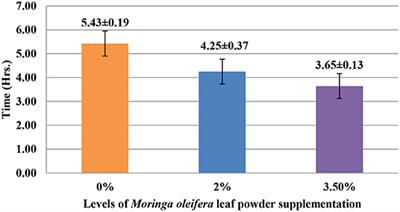
ORIGINAL RESEARCH
Published on 22 Feb 2022
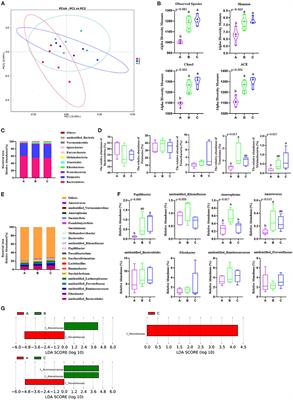
ORIGINAL RESEARCH
Published on 17 Feb 2022
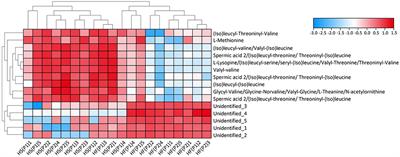
REVIEW
Published on 15 Feb 2022
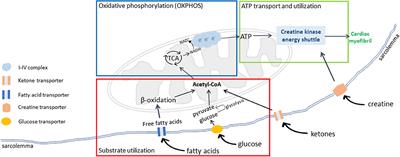
ORIGINAL RESEARCH
Published on 08 Feb 2022
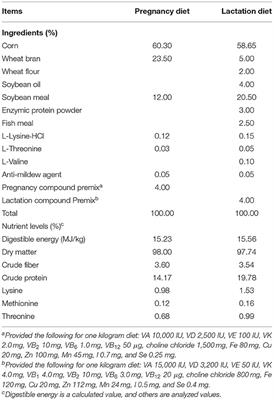
ORIGINAL RESEARCH
Published on 07 Feb 2022
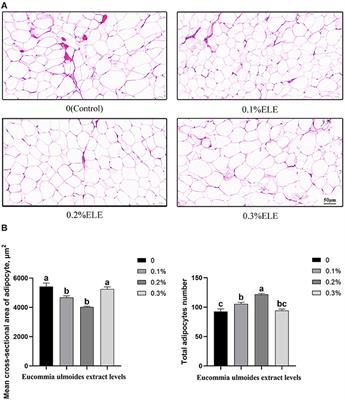
ORIGINAL RESEARCH
Published on 13 Jan 2022

ORIGINAL RESEARCH
Published on 24 Dec 2021

ORIGINAL RESEARCH
Published on 10 Dec 2021

ORIGINAL RESEARCH
Published on 29 Nov 2021

ORIGINAL RESEARCH
Published on 14 Oct 2021
